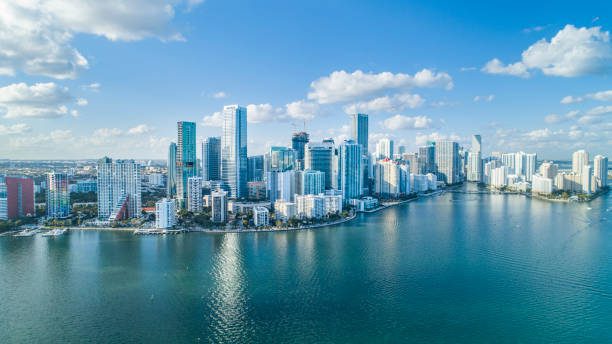|
Getting your Trinity Audio player ready...
|

Miami has rightfully earned a reputation for glamor with stories from around the world about celebrity residents like Lionel Messi. Our five-star restaurants and hotels are second to none. Miami’s downtown is vibrant and growing and buzzing with activity.
Underneath it all, miles away from the glitz is a key to the success of our economy – agriculture. Miles and miles of land covered with trees full of mangos, lemons, avocados, dragon fruit and more. Lush plants and trees grow across hundreds of acres. The industry employs roughly 20,000 workers, making it a major piece of our economic engine, a legacy industry whose fate makes or breaks this community.
Construction is also key to our success as an international destination that continues to grow while other cities shrink, looking at Miami enviously, trying to figure out our secret formula.
Both of these industries would be decimated wildly by a new “Heat” law being considered by Miami-Dade Commissioners.
The decision brewing at a County level that will negatively impact every business owner in the agriculture and construction industries with 5 or more outside workers. I support the idea of legally protecting agriculture and construction workers through education and information on best practices when our temperatures are extreme. But I don’t support putting new duplicative “heat” regulations on businesses big and small, to be enforced by a new Miami-Dade “Heat Police.” The idea of businesses being fined $3,000 per violation without any rights to investigate or appeal findings by the “Heat Police” is just too much and will crush small farmers and contractors. Agriculture and construction groups rightfully point out that the new law is more bureaucracy, with oversight that is already covered by the federal Occupational Safety and Health Administration (OSHA).
Contesting this ordinance in no way minimizes the value and appreciation of workers. I respect and honor their contribution to this community. It is clear the construction and agriculture industries will support more training and education for outdoor workers, but I can’t blame them for not supporting new regulations and fines.
And who is going to pay these fines exactly? In construction, companies use subcontractors and other vendors. Are they supposed to pay? Last at the table picks up the bill?
If Miami-Dade County wants to pass these new rules and impose overbearing fines, they should try it out first on their own outdoor workers as a pilot project. Maybe they should test the hardship on themselves, before burdening two important private sector industries that fuel our economy.
C’mon Miami-Dade County Commissioners – don’t play fast and loose with our economy.
The Heat Ordinance impacting agriculture and construction is scheduled for a final vote before Miami-Dade County Commission on Tuesday, October 17. Miami’s Community Newspapers serves as the voice for the community and its residents. If you feel compelled to share your concerns on this matter,reach out to me 305.323.8206 or email me grant@cnews.net






